ESRC Festival Open Call: Deadline for applications Friday 29 April. Funding of up to £1,000 is available to deliver your event or activity

Who can apply?
The festival aims to encourage, support and create opportunities for social science researchers to engage with non-academic audiences. It is a prestigious initiative by a major research funder, and BU’s continued involvement is justified by the quality of events and activities. Being part of this festival is an achievement worth citing and celebrating.
It is an excellent opportunity to engage people outside of academia with your research and with the benefit of co-ordinated support and promotion from RDS and the ESRC.
The theme set by the ESRC for this year’s festival is ‘my local area’. The ESRC want to see at least a quarter of festival events on this theme.
Events must “feature social science (ideally with a social scientist involved in the event)”. If this doesn’t clearly apply to you, consider these options;
- Does your research have clear implications for society that could be explored from a social science perspective?
- Could you collaborate with a social scientist, combining your resources and creativity to explore the impact of your research? If you’re looking for a collaborator, the Research Blog or BU website are great places to start or contact us for help.
What support is available?
Before applying, you will have access to:
- Bookable one-on-one advice slots with BU’s Engagement Officer
- Detailed applicant guidance to help you apply
When your application is successful, you will receive:
- A half-day training session from an expert external public engagement trainer
- Continuing advice and support from BU’s public engagement team on all areas of planning, promoting delivering, evaluating your activity
- The promotional boost from being part of a huge national festival.
How to apply
- Read the application guidance to support you in completing an effective application.
- Submit your application using the online form. You can save your progress and return later, though it’s advisable to keep a backup elsewhere. There is a pdf version of the whole form for drafting purposes only.
Find out more about the resources available to help plan and support your application
If you have any questions, please email the public engagement team.
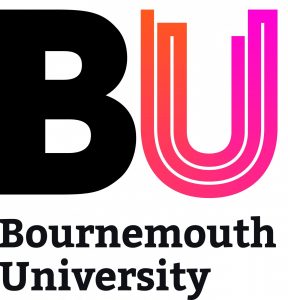




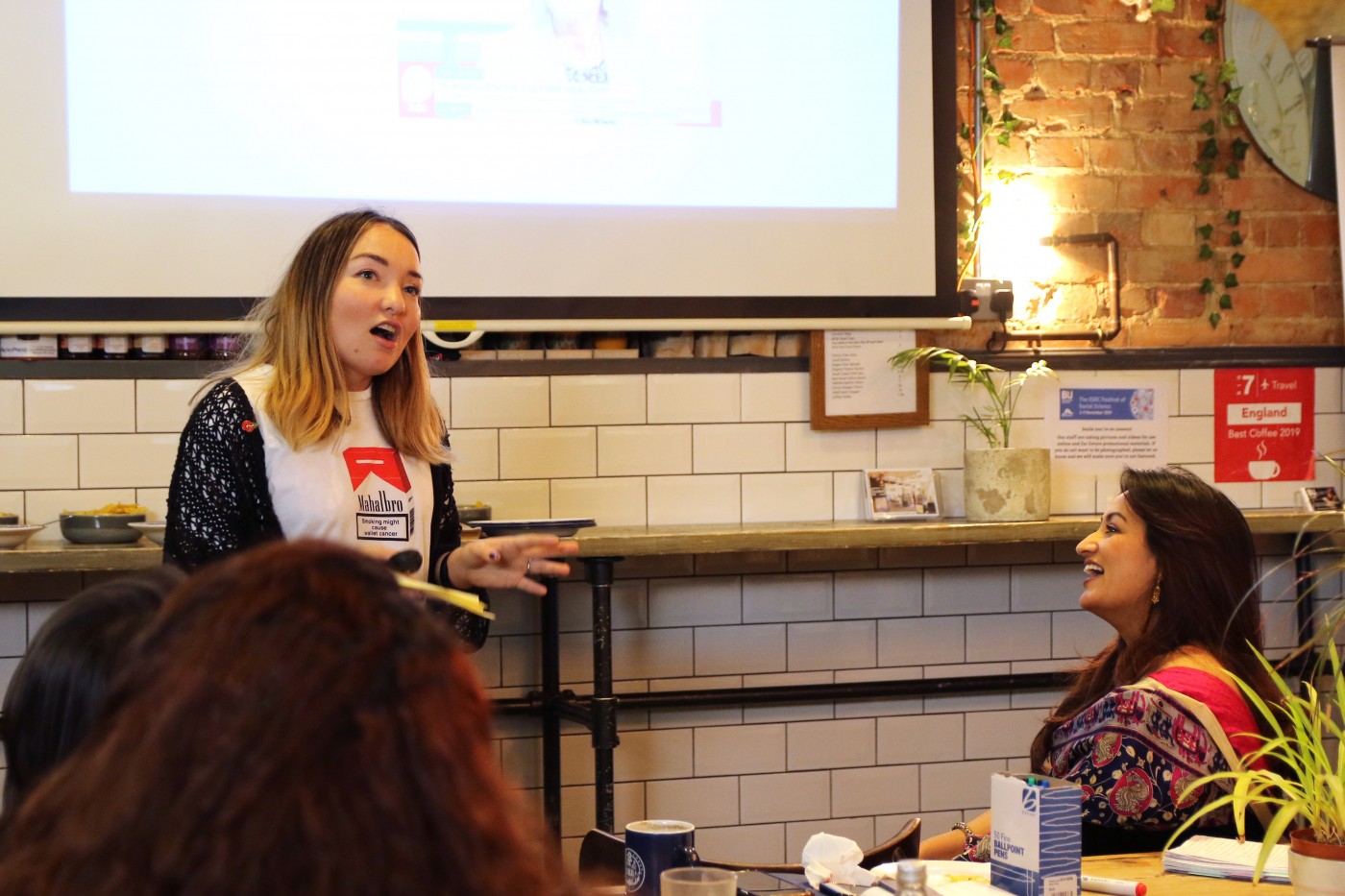
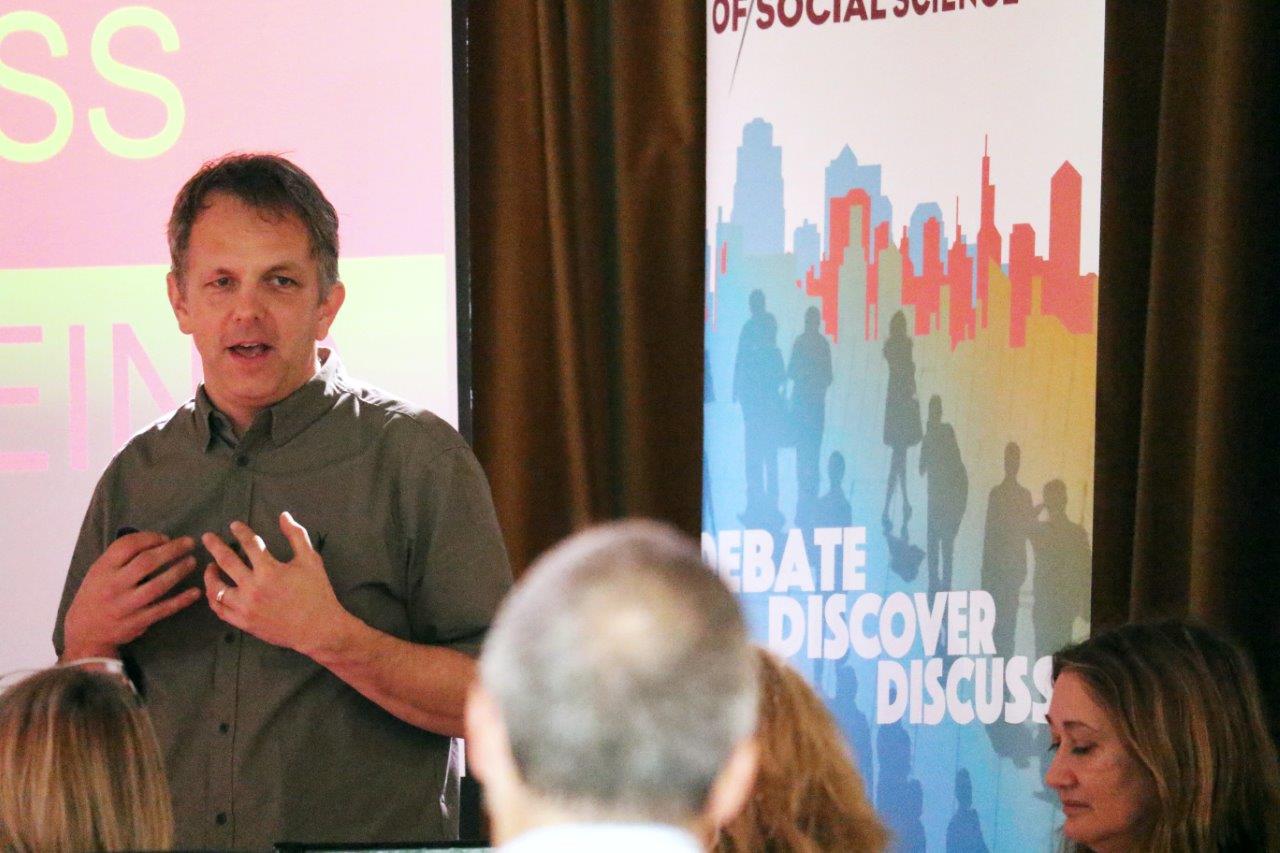
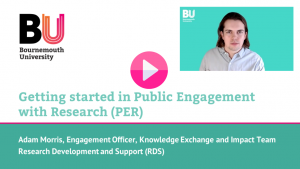
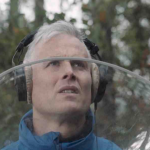
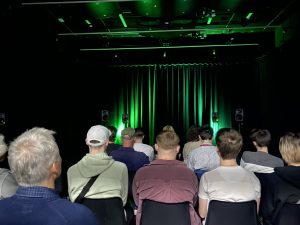
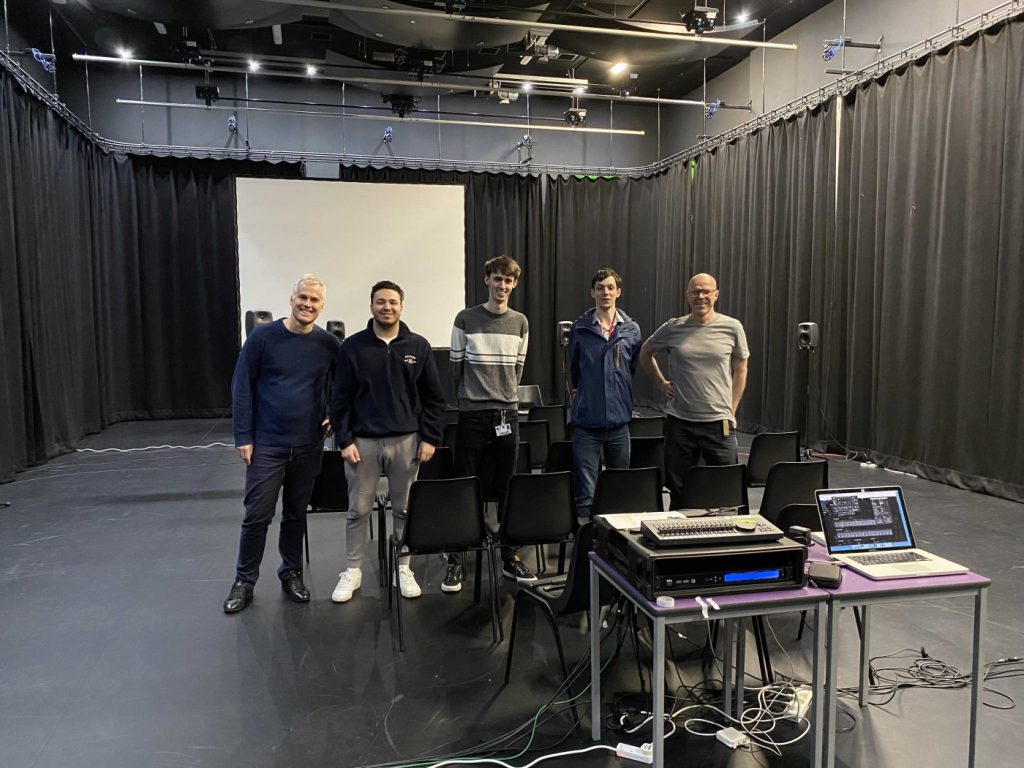



















 Beyond Academia: Exploring Career Options for Early Career Researchers – Online Workshop
Beyond Academia: Exploring Career Options for Early Career Researchers – Online Workshop UKCGE Recognised Research Supervision Programme: Deadline Approaching
UKCGE Recognised Research Supervision Programme: Deadline Approaching SPROUT: From Sustainable Research to Sustainable Research Lives
SPROUT: From Sustainable Research to Sustainable Research Lives BRIAN upgrade and new look
BRIAN upgrade and new look Seeing the fruits of your labour in Bangladesh
Seeing the fruits of your labour in Bangladesh ECR Funding Open Call: Research Culture & Community Grant – Apply now
ECR Funding Open Call: Research Culture & Community Grant – Apply now ECR Funding Open Call: Research Culture & Community Grant – Application Deadline Friday 12 December
ECR Funding Open Call: Research Culture & Community Grant – Application Deadline Friday 12 December MSCA Postdoctoral Fellowships 2025 Call
MSCA Postdoctoral Fellowships 2025 Call ERC Advanced Grant 2025 Webinar
ERC Advanced Grant 2025 Webinar Update on UKRO services
Update on UKRO services European research project exploring use of ‘virtual twins’ to better manage metabolic associated fatty liver disease
European research project exploring use of ‘virtual twins’ to better manage metabolic associated fatty liver disease